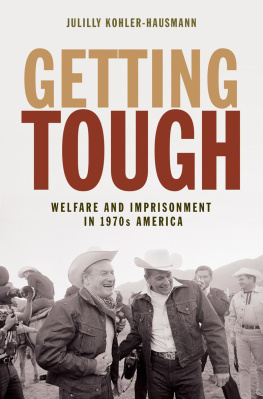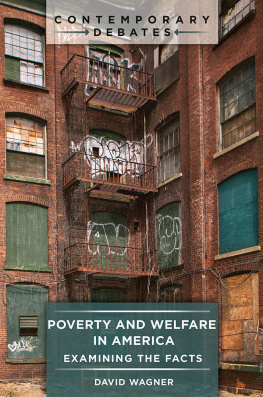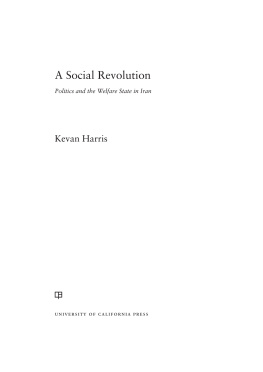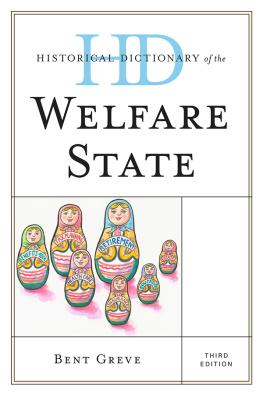Julilly Kohler-Hausmann - Getting Tough: Welfare and Imprisonment in 1970s America
Here you can read online Julilly Kohler-Hausmann - Getting Tough: Welfare and Imprisonment in 1970s America full text of the book (entire story) in english for free. Download pdf and epub, get meaning, cover and reviews about this ebook. year: 2019, publisher: Princeton University Press, genre: Politics. Description of the work, (preface) as well as reviews are available. Best literature library LitArk.com created for fans of good reading and offers a wide selection of genres:
Romance novel
Science fiction
Adventure
Detective
Science
History
Home and family
Prose
Art
Politics
Computer
Non-fiction
Religion
Business
Children
Humor
Choose a favorite category and find really read worthwhile books. Enjoy immersion in the world of imagination, feel the emotions of the characters or learn something new for yourself, make an fascinating discovery.
- Book:Getting Tough: Welfare and Imprisonment in 1970s America
- Author:
- Publisher:Princeton University Press
- Genre:
- Year:2019
- Rating:3 / 5
- Favourites:Add to favourites
- Your mark:
Getting Tough: Welfare and Imprisonment in 1970s America: summary, description and annotation
We offer to read an annotation, description, summary or preface (depends on what the author of the book "Getting Tough: Welfare and Imprisonment in 1970s America" wrote himself). If you haven't found the necessary information about the book — write in the comments, we will try to find it.
The politics and policies that led to Americas expansion of the penal system and reduction of welfare programs
In 1970s America, politicians began getting tough on drugs, crime, and welfare. These campaigns helped expand the nations penal system, discredit welfare programs, and cast blame for the eras social upheaval on racialized deviants that the state was not accountable to serve or represent. Getting Tough sheds light on how this unprecedented growth of the penal system and the evisceration of the nations welfare programs developed hand in hand. Julilly Kohler-Hausmann shows that these historical events were animated by struggles over how to interpret and respond to the inequality and disorder that crested during this period.
When social movements and the slowing economy destabilized the U.S. welfare state, politicians reacted by repudiating the commitment to individual rehabilitation that had governed penal and social programs for decades. In its place, they championed strategies of punishment, surveillance, and containment. The architects of these tough strategies insisted they were necessary, given the failure of liberal social programs and the supposed pathological culture within poor African American and Latino communities. Kohler-Hausmann rejects this explanation and describes how the spectacle of enacting punitive policies convinced many Americans that social investment was counterproductive and the underclass could be managed only through coercion and force.
Getting Tough illuminates this narrative through three legislative cases: New Yorks adoption of the 1973 Rockefeller drug laws, Illinoiss and Californias attempts to reform welfare through criminalization and work mandates, and Californias passing of a 1976 sentencing law that abandoned rehabilitation as an aim of incarceration. Spanning diverse institutions and weaving together the perspectives of opponents, supporters, and targets of punitive policies, Getting Tough offers new interpretations of dramatic transformations in the modern American state.
Julilly Kohler-Hausmann: author's other books
Who wrote Getting Tough: Welfare and Imprisonment in 1970s America? Find out the surname, the name of the author of the book and a list of all author's works by series.











